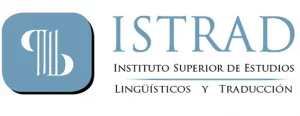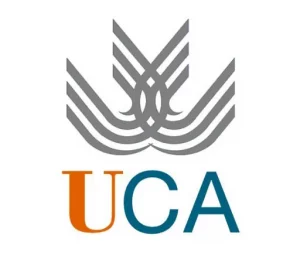About us
Each member of our team brings added value making us unique and vital to the translation process. Tatutrad draws daily from the know-how and the different points of view of the group to become a multidisciplinary and versatile company, able to help you achieve your goals.
A bit about us
Our team consists of professionals with training and experience in the fields of translation, interpreting, internationalization and marketing. In addition, we are specialized in fields such as technology, medicine or economics so that our work corresponds perfectly to your needs.
Our team
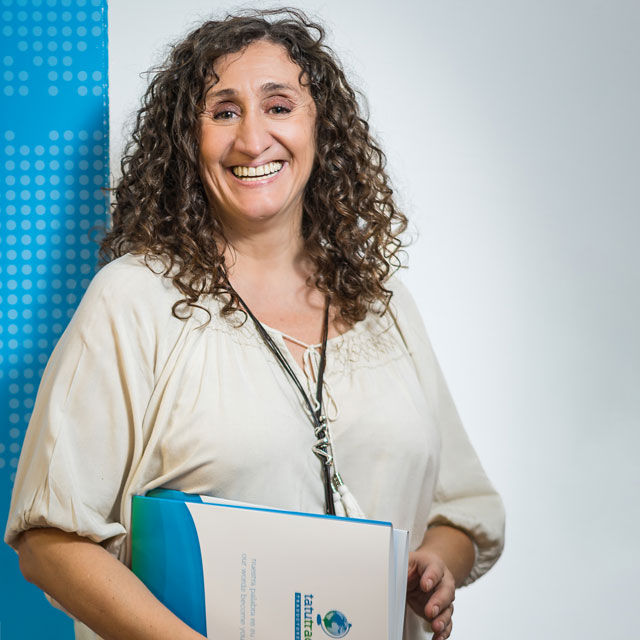
ROSARIO DE ZAYAS RUEDA
Architect of dreams
She is able to make the dreams come true. She is the translation Fairy Godmother and relentless explorer of new cultures. Her many years of experience allow her to find a way through the linguist challenges her clients encounter.

TATIANA MÁRQUEZ MÉNDEZ
Chief Orchestrator
Taty is a dear, and one of our strategic pillars. Her passion for numbers and her self-discipline ensure that everything falls into place at the end of the month and gives meaning to everything we do. Our colleague, with her total dedication, makes sure that both our clients and collaborators experience the best version of Tatutrad with unmatched speed and quality.

MARINA RODRÍGUEZ COLMENERO
Translator and Proofreader
Project Manager
Meet Marina, one of our project managers. With a knack for solving problems and staying cool under pressure, Marina is here to put out fires. She’s the wizard behind the curtain, turning great ideas into reality. Outside of work, she loves DIY projects, cooking and music. Got a project in mind? Marina’s your go-to gal!

ALEJANDRO RODRÍGUEZ MARTÍN
Translator and Proofreader
Project and Account Manager
Meet Alejandro, one of our most seasoned colleagues in the field. Not only does he excel in medical translations, but he also manages client projects with finesse, creating workflows that ensure our clients’ success. Outside the office, you’ll find him camping or grooving to Beyoncé. Known for his calm demeanour and sweet tooth, Alejandro is indispensable to our team.

LOLI GUERRERO ROSADO
Translator and all-round editor
Sworn or medical translation, fashion, social media… Loli is always ready to tackle any linguistic challenge, no matter the area of expertise. It is also worth mentioning her versatile language combinations, that make her a crucial beacon in Tatutrad, as evidenced by her working efficiency and speed.

ALICIA RODRÍGUEZ ARANDA
Translator and Proofreader
Project Manager
She is who you should ask if you have any questions about audiovisual translation or Taylor Swift. Even on the busiest days, she manages to keep her cool and pass it on to the rest of the team. She doesn’t miss even the tiniest of details and her efficient and decisive nature comes in handy for any proofreading or project that needs to be managed, because you know it will be in the best hands.

ADRIÁN RODRÍGUEZ ORIA
Translator and Proofreader
IT Manager
With Adrián, you can count on precision and efficiency. He’s a whiz at software and sports translations, and there’s no tech issue he can’t handle. Even though he’s serious about his work, he’s always ready with a joke to keep the team smiling. A big sports fan, he never misses a chance to take his bike out for a ride in the countryside.

DIANA LINDO CUÉLLAR
Translator and Proofreader
Project Manager
Diana has been one of our project managers since 2016. She excels in managing projects with a keen eye for detail and the help of her exceptional multilingual translation and proofreading skills. Her passion for “Nordic noir” literature has honed her analytical and problem-solving abilities, driving thriving results for our clients.

SUSANA RUIZ ROMERO
Translator and Proofreader
She is fast as a bullet when it comes to translating social media, marketing, software, and localization content with excellent quality. Thanks to her youthful and enthusiastic attitude, Susana is able to hold the team together through funny team building activities.

PAULA MARTÍN MUÑOZ
Translator and Proofreader
Paula, our wild card in the translation field. She is always ready to take on new challenges. Thanks to her all-rounder nature, you can entrust her with an institutional text, a fashion catalog or a food product label, and she will successfully get it done.

CRISTINA VILLALBA PACHÓN
Translator and Proofreader
Project Manager
Internship Coordinator
Thanks to Cristina, our team never runs out of clever solutions — or laughs! She is an expert on video games localization and translation with gender-sensitive approach. However, her real added value comes from her creativity and her discipline.

CARLOS MORENO RUIZ
Translator and Proofreader
Project Manager
Striving for order and perfectionism is what drives him at work, and his tech knowledge really comes in handy more than usual. Together with Adrián, they have become our reference point for all-things-tech. Passionate about Formula 1 and tennis, Carlos is a multifaceted colleague who can take up any proofreading and/or management task with willingness and a good attitude.

ROCÍO MIRANDA PÉREZ
Translator
Newly-graduated and with an interest in learning, Rocío has learned to tackle diverse projects while in our team: from translation to post-editing and helping out in Project Management. A passionate reader who leverages this hobby to outline her passion for translation.

Leaders in the sector
Our experience, knowledge and operational excellence allow us to offer you the perfect solution, no matter what your needs are, and help you achieve your business objectives. This helps us to stand out from the rest and allows us to remain at the forefront of our sector. You can read more about our magnificent credentials below and see for yourself what makes us such a talented team.
Members of ANETI
We believe that there is strength in unity. That’s why we collaborate with quality partners around the world in the field of translation, marketing and internationalization to provide your product with the success it deserves and help us to take it to any part of the world.

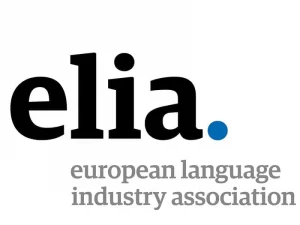



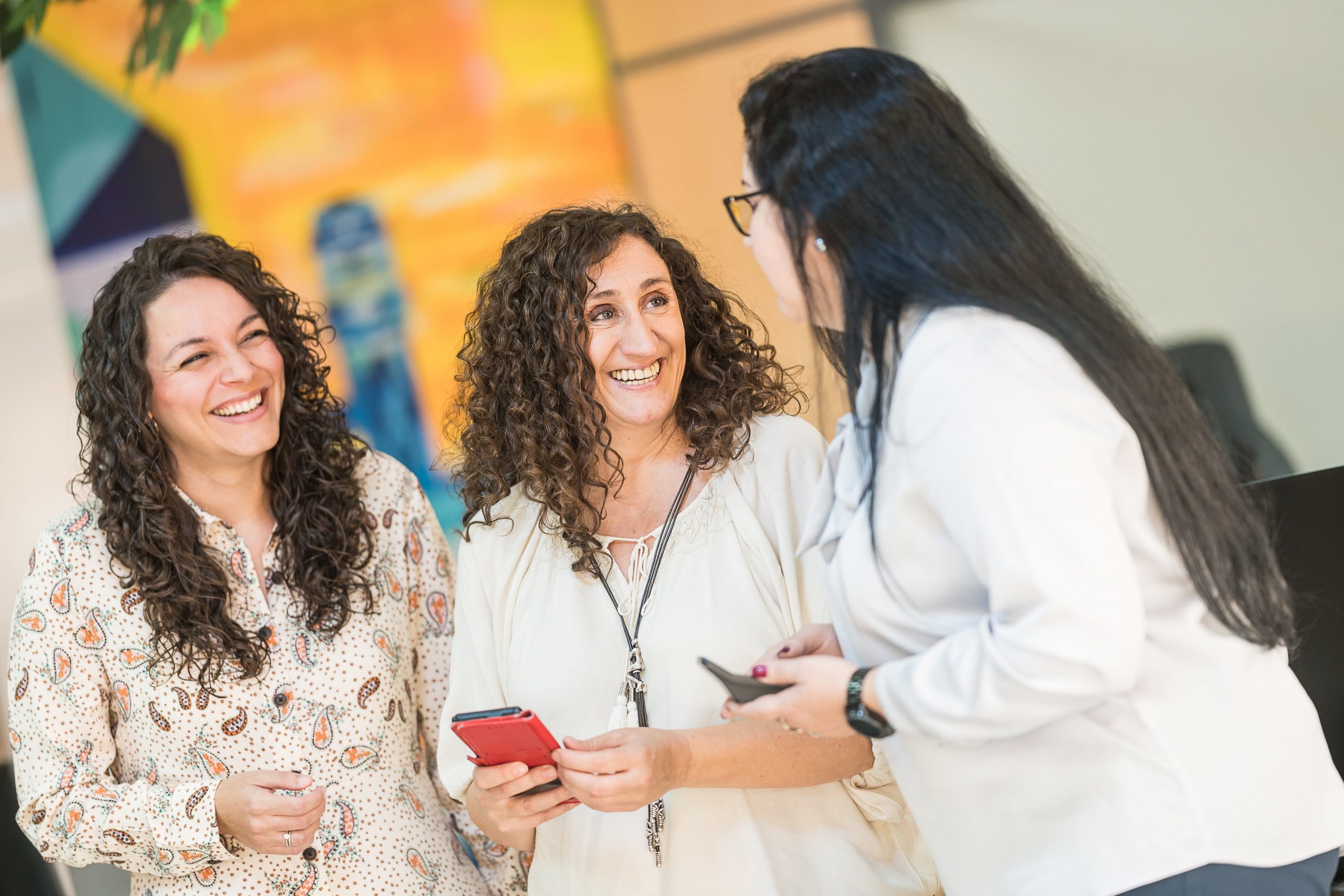
Leaders in the sector
When we commit to helping you find the solution you need, we investigate and innovate to achieve your goals in the most efficient way possible. We share this knowledge with the rest of the multilingual and multicultural communication sector at various annual congresses so that we all make progress together.






Our certifications
We know our level of service has to match the high standards you set for your products or services, whether it’s translation, interpreting or internationalization. That is why the quality of our translation services is endorsed by various internationally renowned organizations.



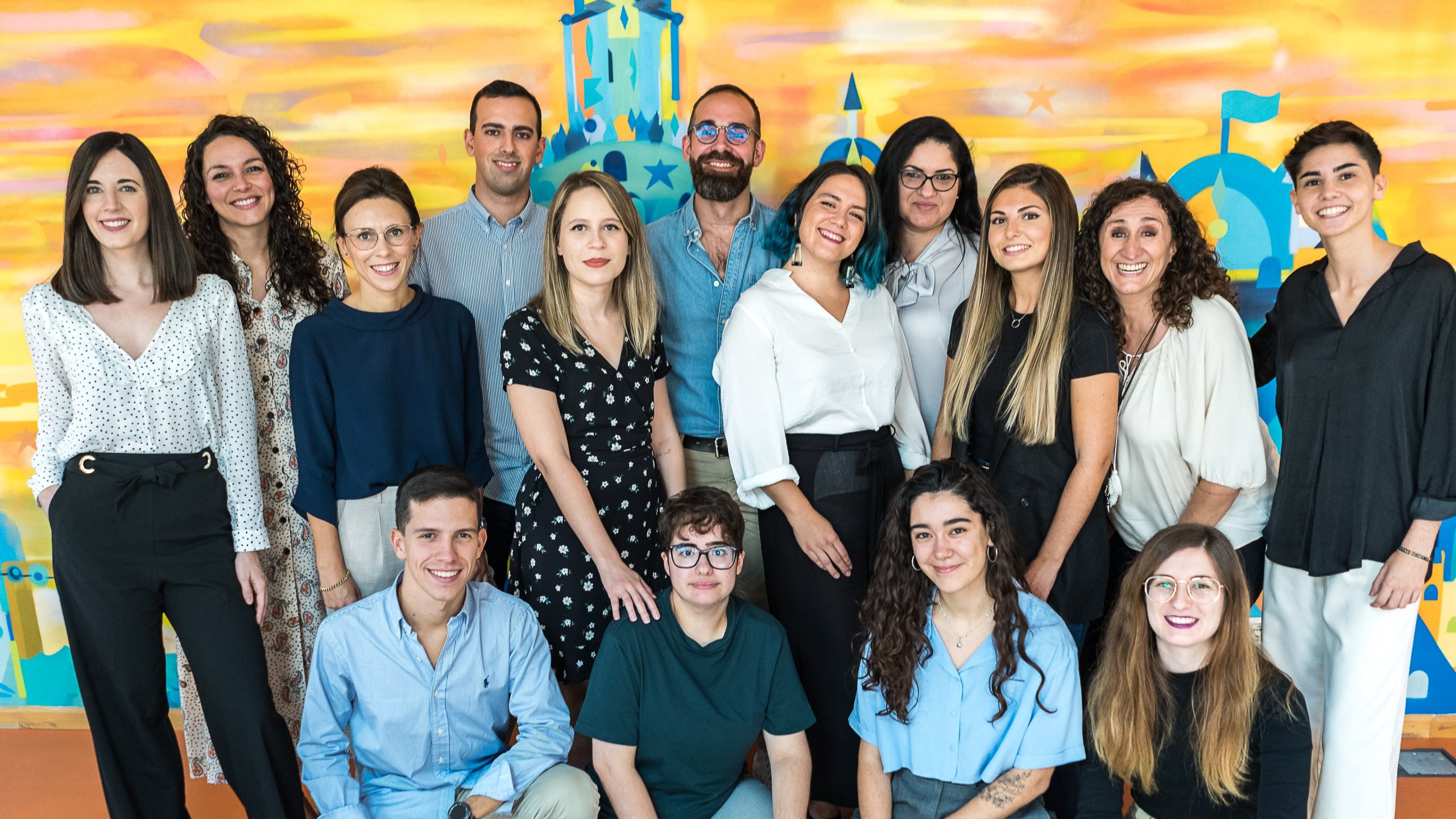

We share our knowledge to train professionals
We are always up to date with technology and research in translation, interpreting and multilingual communication. We know what you expect from us. We also understand your vision and are aware of the working methods that can be applied to your needs. Therefore, numerous academic institutions have asked members of our team to share our know-how in the classroom.

